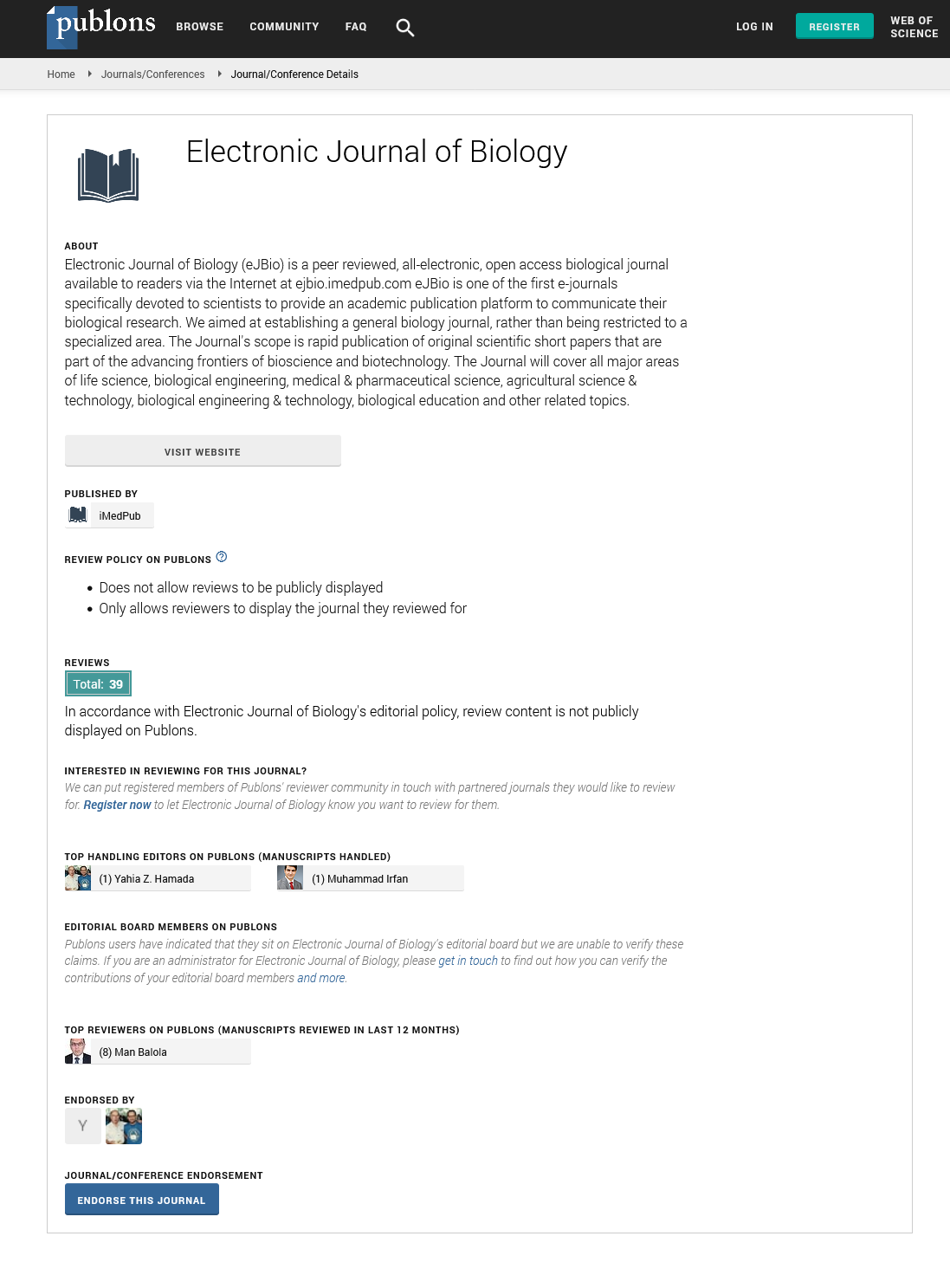Abstract
The In Vitro Study of Antimicrobial Effect of Marigold (Calendula officinalis) Extract on Infectious Microorganisms
Introduction: Infectious diseases have always been one of the important concerns of human and have continuously attracted the attention of a large number of various medical and laboratory professionals. On the other hand, treatment with antibiotics has other problems such as drug resistance and side effects, so the use of new herbal medicines with fewer side effects can be a great help in treating these types of infections. The objective of this study was to investigate the antibacterial activity of marigold (Calendula officinalis) extract on four reference strains including Staphylococcus aureus, Bacillus cereus, Escherichia coli and Pseudomonas aeruginosa. Materials and methods: In this study, the antimicrobial effects of methanolic extract of marigold plant were experimented on four above mentioned reference strains after extraction by Soxhlet method. Methanolic extract with concentrations of 20 mg/ml, 30 mg/ml, 50 mg/ml and 400 mg/ml was prepared by solvent dimethyl sulfoxide. Then, their antimicrobial effects were investigated using well diffusion and tubular dilution methods. The data were analyzed using Analysis of Variance (ANOVA) and Chi-square test at P<0.01. Results: The results showed that the methanolic extract of marigold plant inhibit the growth of S. aureus, B. cereus and E. coli, which also increased their antimicrobial activity by increasing the concentration. As well as, the concentration of 1000 μg/ml essential oil of this plant leaves also showed an inhibitory effect on S. aureus, B. cereus and E. coli. Conclusion: The results of this study showed that the extract of marigold plant has antimicrobial effect.
Author(s):
Behboud Jafari, Changhiz Ahmadizadeh
Abstract | Full-Text | PDF
Share this

Google scholar citation report
Citations : 5001
Electronic Journal of Biology received 5001 citations as per google scholar report
Electronic Journal of Biology peer review process verified at publons
Abstracted/Indexed in
- Google Scholar
- China National Knowledge Infrastructure (CNKI)
- CiteFactor
- Electronic Journals Library
- Zoological Records
- WorldCat
- Proquest Summons
- Publons
- MIAR
- Openaccessarticles.com
- Secret Search Engine Labs
Open Access Journals
- Aquaculture & Veterinary Science
- Chemistry & Chemical Sciences
- Clinical Sciences
- Engineering
- General Science
- Genetics & Molecular Biology
- Health Care & Nursing
- Immunology & Microbiology
- Materials Science
- Mathematics & Physics
- Medical Sciences
- Neurology & Psychiatry
- Oncology & Cancer Science
- Pharmaceutical Sciences


